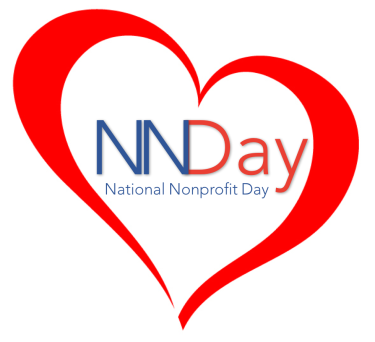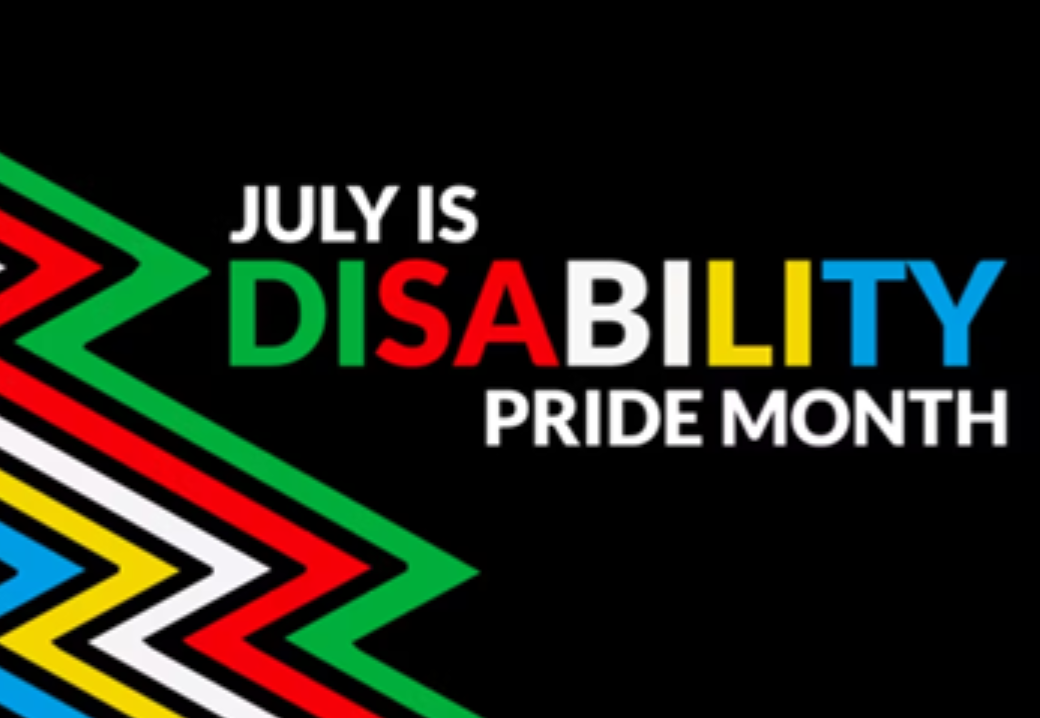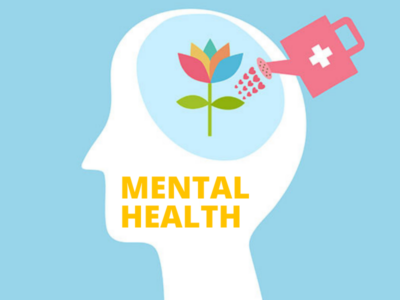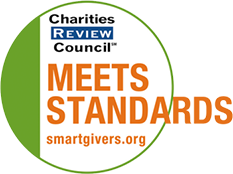by Sydney Wachtler
Share
by Sydney Wachtler
Share
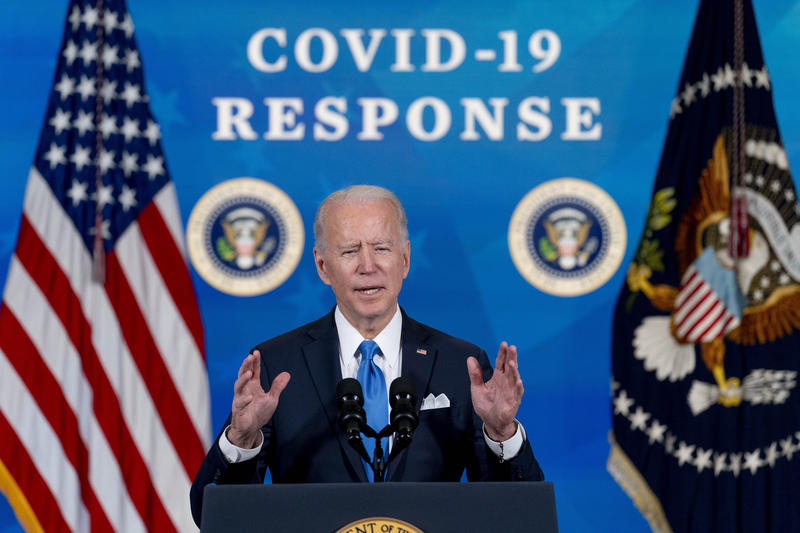
Increased Funding To Home-and-Community-Based Services To Begin in April
Photo courtesy of Andrew Harnik, hawaiipublicradio.org/
More than one million Americans with disabilities have lost their jobs as a result of the COVID-19 pandemic over the last year. These individuals are disproportionately employed in the industries that have been hit the hardest by layoffs and the slowest to bounce back. Despite this, until last month, Americans with disabilities have been largely overlooked by federal stimulus packages and relief efforts.
“During this pandemic, the disability community has suffered a huge loss of life and tragically high rates of COVID-19 infection. Many people with disabilities who lack access to critical home-and-community-based services have been relegated to institutions and group care settings where the virus has spread rapidly, and they’ve been exposed to dangerous outbreaks,” says U.S. Senator Patty Murray. “None of this is acceptable, which is why the American Rescue Plan provides resources for home-and-community-based services and supports the workforce that provides this important care.”
In March, President Joe Biden signed a $1.9 trillion pandemic relief package, known as The American Rescue Plan. The legislation designates $12.67 billion to home-and-community-based services (HCBS) over the next year in the form of a 10% increase in federal Medicaid matching funds. The bill will also send stimulus payments to many Americans with disabilities that did not previously qualify. Adults with disabilities who are considered dependents for tax purposes will receive the $1,400 stimulus payment this time around.
For its share, Minnesota will receive $4.72 billion, plus additional funds to targeted programs, from the federal government. The funding is less restrictive than previous legislation, allowing state and local governments more discretion in how the funds are allocated. A portion of these funds could potentially go towards increasing pay for Direct Support Professionals, allowing more people with disabilities to live independently as opposed to group or institutional housing where the risk of COVID-19 is significantly higher, and rebooting employment programs. HCBS may also account for transportation upgrades and technology assistance to improve accessibility and increase community involvement.
The HCBS funding will be distributed over the next year and expire in March 2022.
Sources:
STAY IN THE LOOP


